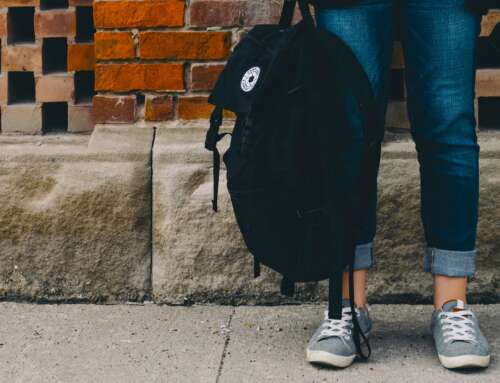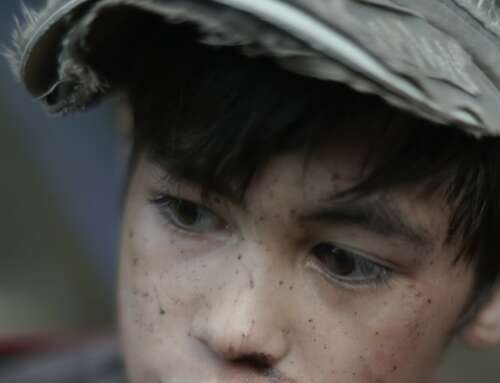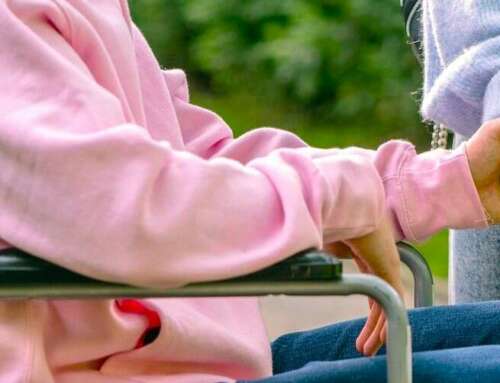Three years after the worst day of his life, Alpha Cheng picks his words with care.
The 31-year old schoolteacher speaks out – sometimes. He talks about what he knows: racism, his friends and what happened to his father. In October 2015, Curtis Cheng was leaving work at Parramatta police station when he was shot and killed by a 15-year-old boy claiming to act for Islamic State.
In the years since, there have been trials, inquests and people telling Cheng – in what they think is a compliment – that they could not have done what he has done. In 2016, he wrote to Pauline Hanson and told her to stop using his father’s death to attack Muslim migration. This year, after senator Fraser Anning called for a return to the White Australia policy, he did the same.
“If anyone should be spiteful at Muslims, many would say that it would be me,” he wrote.
“[But] I am tired of needing to explain to adults that the actions of these individuals cannot be attributed to an entire group of people.”
One of his closest friends, Qais Mohammed, is a Muslim. They became friends the same way anyone does in late-stage university life – a friend of a friend needed a housemate.
They discovered they had done the same course at uni, and were big history buffs, both nerds who liked to talk about ancient geopolitics.
Their friendship is something that Cheng brings up in his replies to people like Hanson and Anning – though of course, as both Cheng and Mohammed have said, they shouldn’t have to. The two spoke to Guardian Australia about their friendship and the rise in public racism they witnessed in 2018.
In 2015, when Curtis was murdered, Mohammed took the week off work and helped the Cheng family around the house. Together with Alpha and his closest friends, they sat and wrote the eulogy.
He does not see it as a grand gesture. “You do as friends do,” Mohammed says. “The time that Alpha went through, the worst days of his life, you offer any support that you can. That is just what you do.”
They had previously discussed, in an abstract way, Muslim extremism, but it was not a debate that changed after the Parramatta shooting.
“I remember having geopolitical, historical discussions around the roots of the Islam and west conflict, stemming from the crusades,” Cheng says. “Elements of history like the golden ages of Islam and how that changed in terms of its relationship with the west and other minorities. I know Qais has an interest in that. I really enjoyed discussing it.
“Nobody should ever go through what I have needed to go through, but there is a lot more to understand about extremism. That it is definitely not just because of religion. And I think that sometimes in the rhetoric of things, people don’t want to hear about complexity. They don’t want to hear that there are lots of layers to it.”
– Naaman Zhou, The Guardian Australia
Read more: ‘I Didn’t Take the Easy Way’: Curtis Cheng’s Son on Fighting Hate with Tolerance
Image Source: Pixabay







Leave A Comment